25 Unputdownable Sci-Fi Books That Book Clubs Can't Stop Talking About
Ridiculously Good Sci-Fi Books
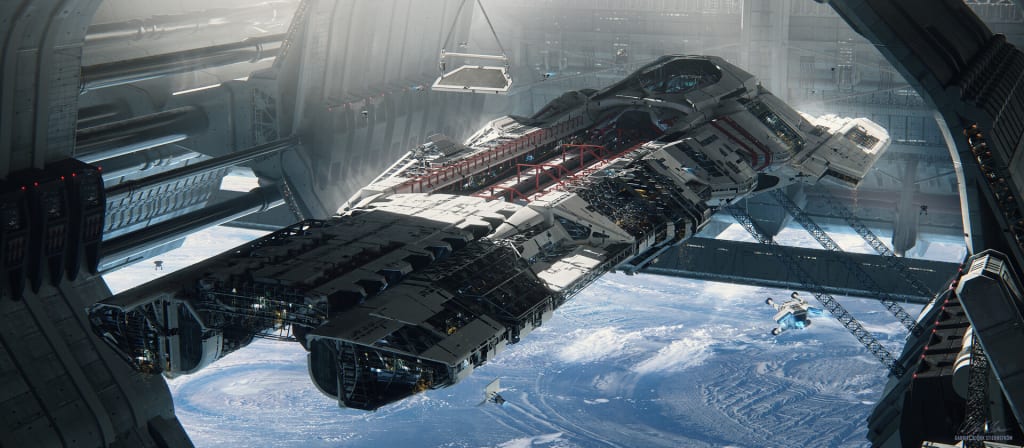
Looking for mind-bending science fiction novels to spark engaging discussions in your book club? We've compiled a list of 25 must-read sci-fi books published after the year 2000 that are sure to captivate your imagination and ignite thought-provoking conversations. From dystopian futures to intergalactic adventures, these books will leave book club members buzzing with excitement. Join us as we provide a brief description and the publishing year for each book.
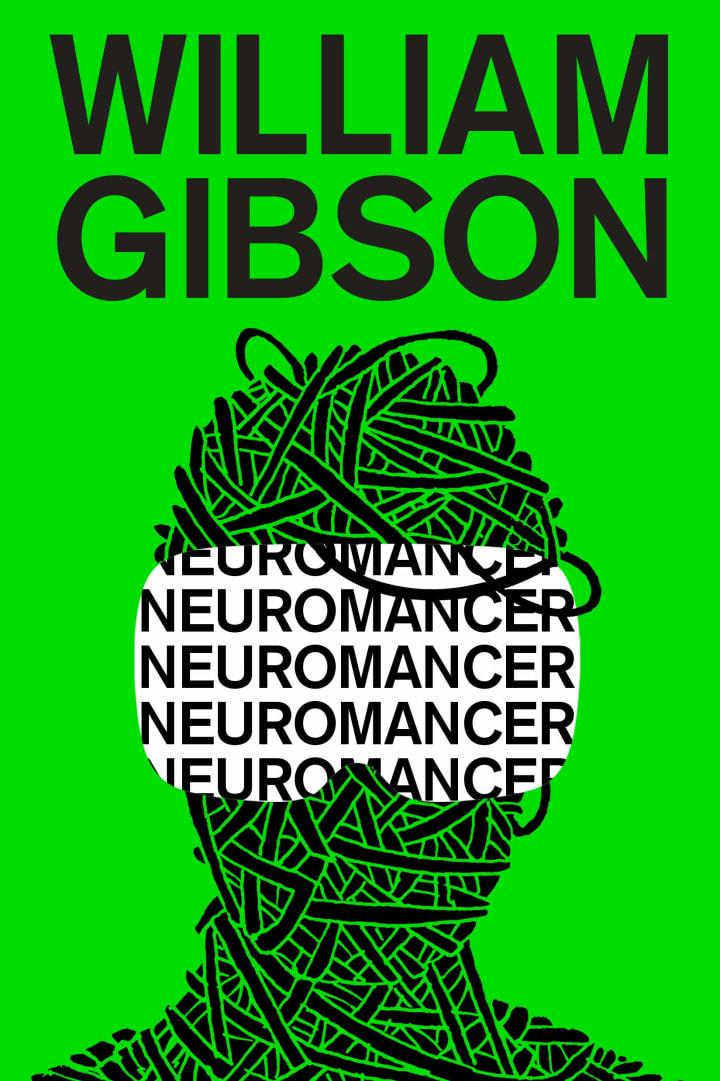
"Neuromancer" by William Gibson (2000)
Considered a cyberpunk masterpiece, "Neuromancer" takes readers on a thrilling ride through a future where hackers and artificial intelligence reign supreme. This groundbreaking novel explores themes of identity, technology, and corporate control.
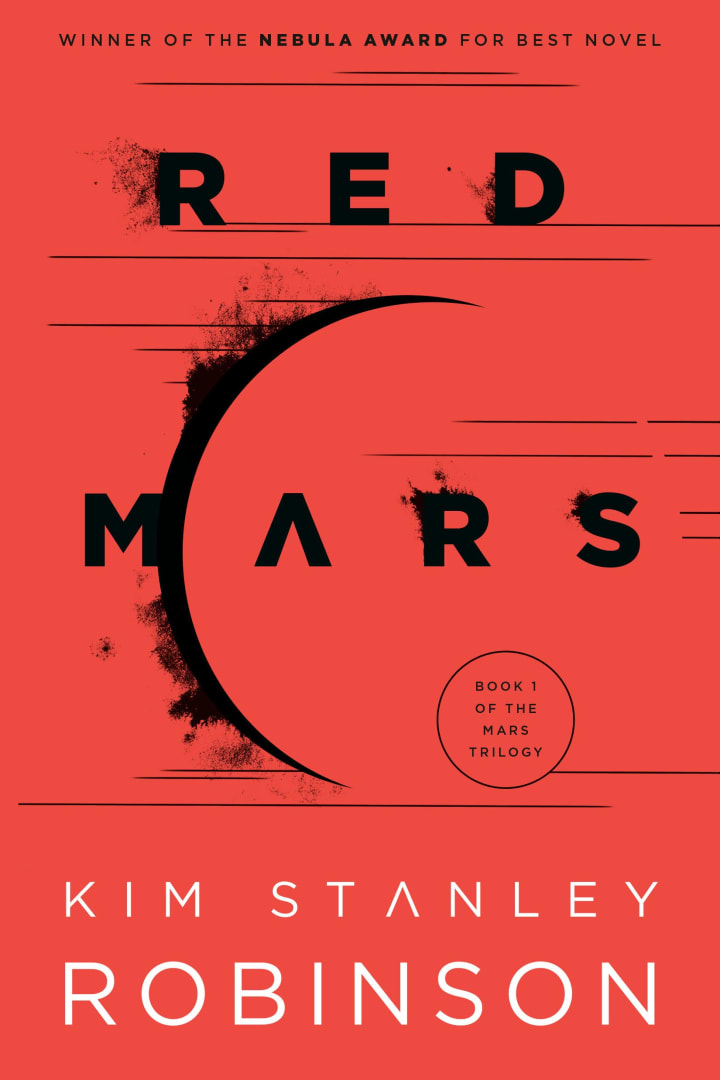
2. "Red Mars" by Kim Stanley Robinson (2003)
The first book in the Mars Trilogy, "Red Mars" presents a meticulously researched and scientifically grounded vision of the colonization and terraforming of the red planet. Robinson's epic saga delves into the political, environmental, and interpersonal challenges faced by the colonists.
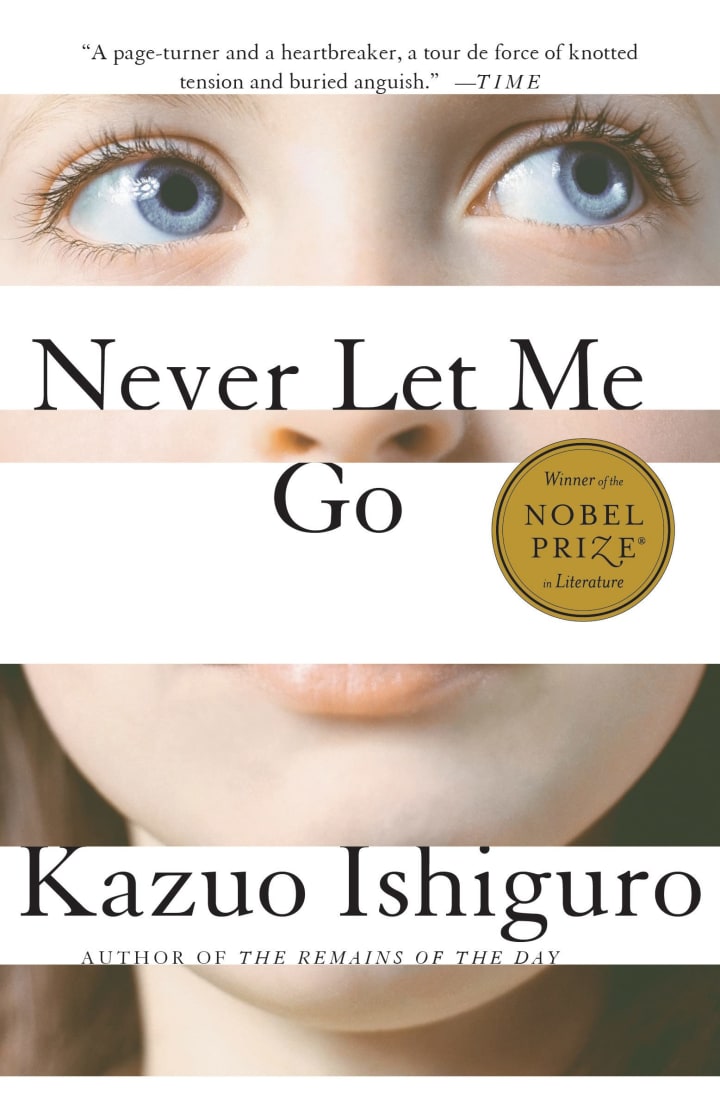
3. "Never Let Me Go" by Kazuo Ishiguro (2005)
Ishiguro's haunting and introspective novel takes place in an alternate reality where clones are raised for organ donations. Through the eyes of protagonist Kathy, the book explores themes of identity, mortality, and the ethics of science.
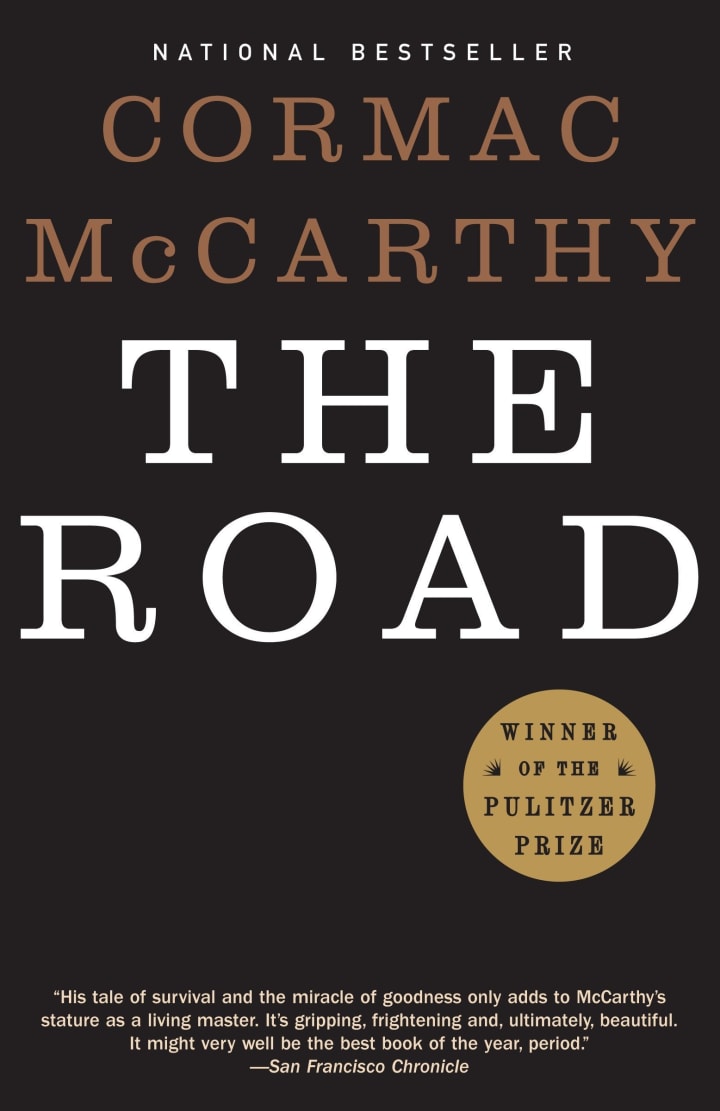
4. "The Road" by Cormac McCarthy (2006)
Set in a post-apocalyptic world, "The Road" follows a father and son as they navigate a desolate landscape and face the challenges of survival. McCarthy's sparse and evocative prose paints a harrowing picture of humanity's struggle in the face of extreme adversity.
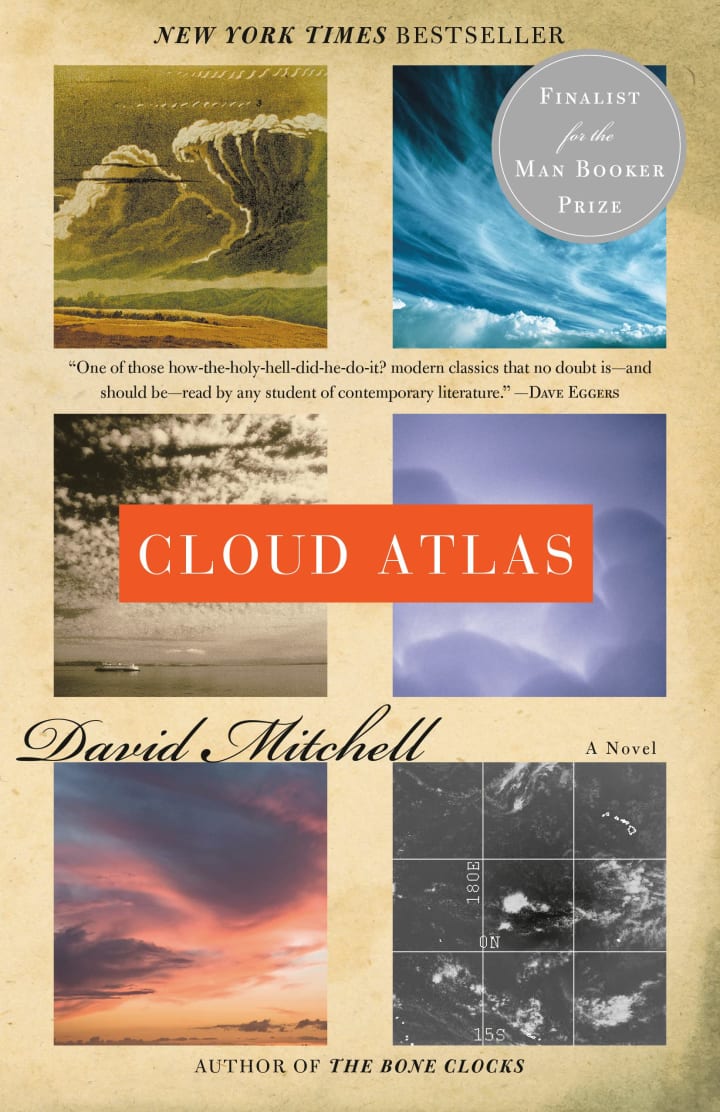
5. "Cloud Atlas" by David Mitchell (2004)
"Cloud Atlas" weaves together six interconnected stories spanning different time periods and genres, exploring themes of interconnectedness, reincarnation, and the human quest for meaning. Mitchell's narrative virtuosity and ambitious storytelling make this a book that lingers long after the final page.
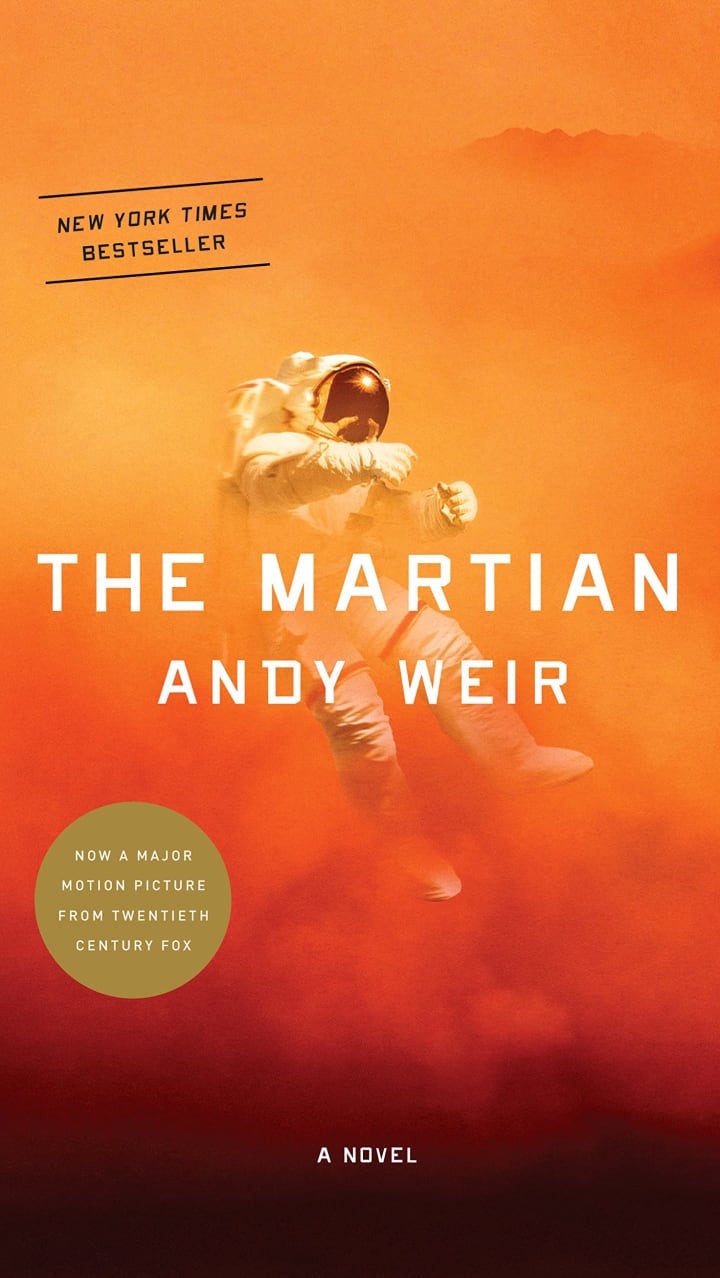
6. "The Martian" by Andy Weir (2011)
In this gripping survival tale, astronaut Mark Watney is stranded alone on Mars after his crew mistakenly leaves him behind. Weir's meticulous attention to scientific detail and Watney's resourcefulness make for a thrilling and often humorous adventure.
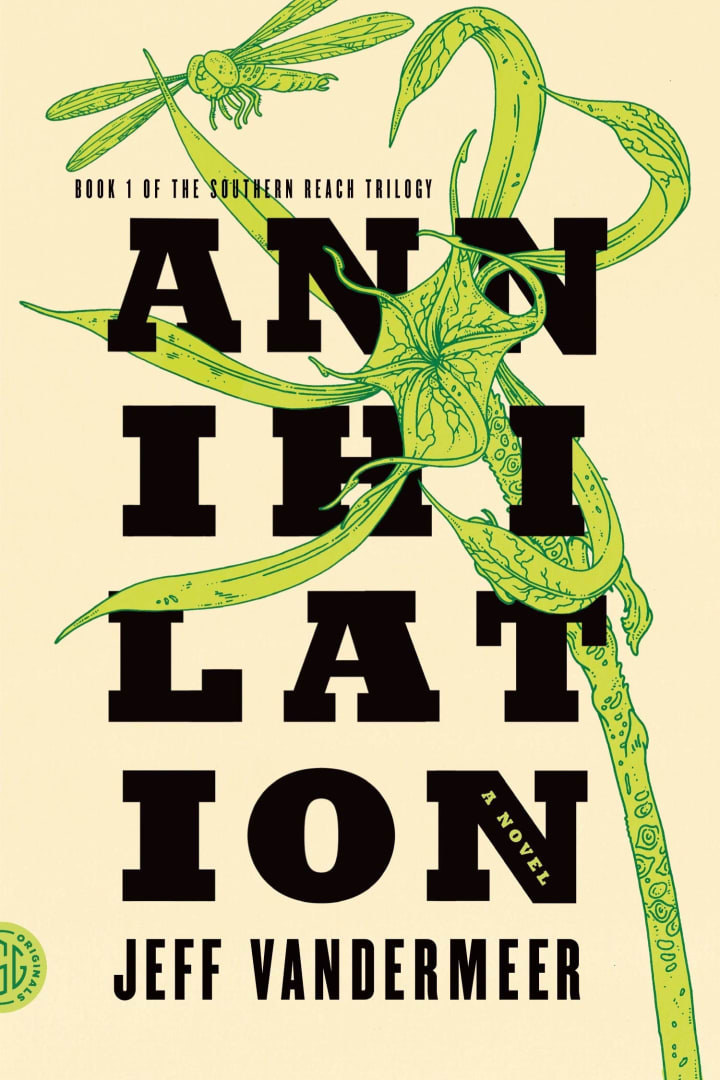
7. "Annihilation" by Jeff VanderMeer (2014)
The first book in the Southern Reach Trilogy, "Annihilation" introduces readers to the mysterious Area X, a quarantined zone with unexplained phenomena. VanderMeer's atmospheric and enigmatic narrative follows a group of explorers as they venture into the heart of Area X, where reality bends and secrets await.
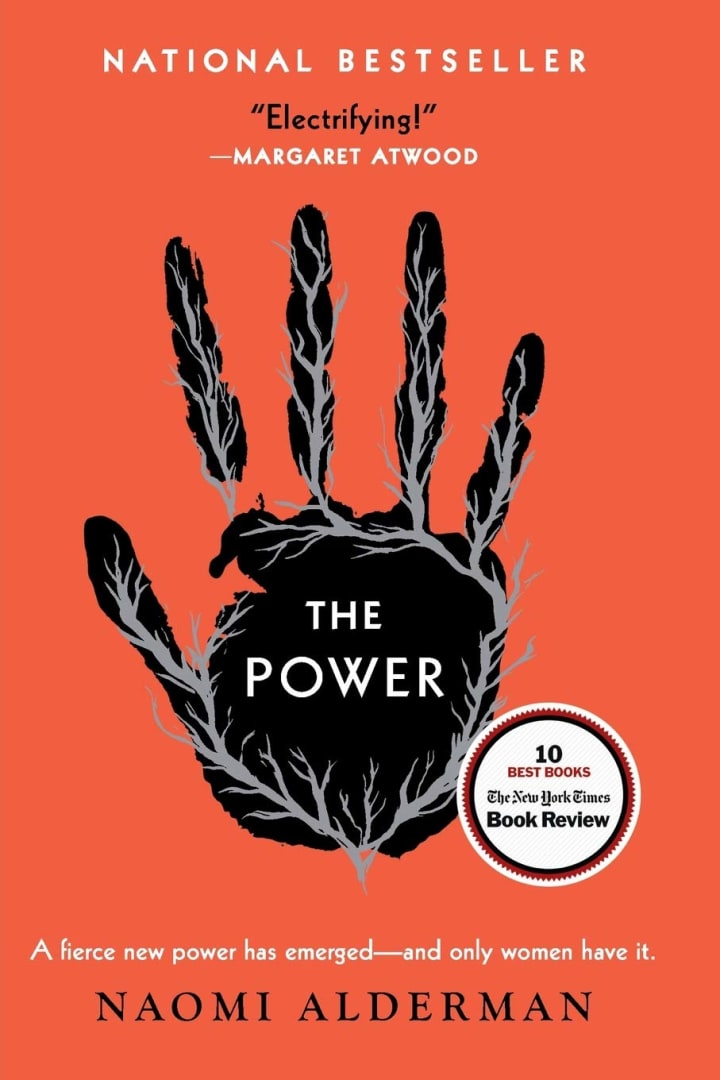
8. "The Power" by Naomi Alderman (2016)
In this thought-provoking speculative fiction, Alderman imagines a world where women develop a powerful ability to generate electrical energy. As gender dynamics shift and society undergoes radical transformation, the book explores themes of power, gender, and the corrupting influence of authority.
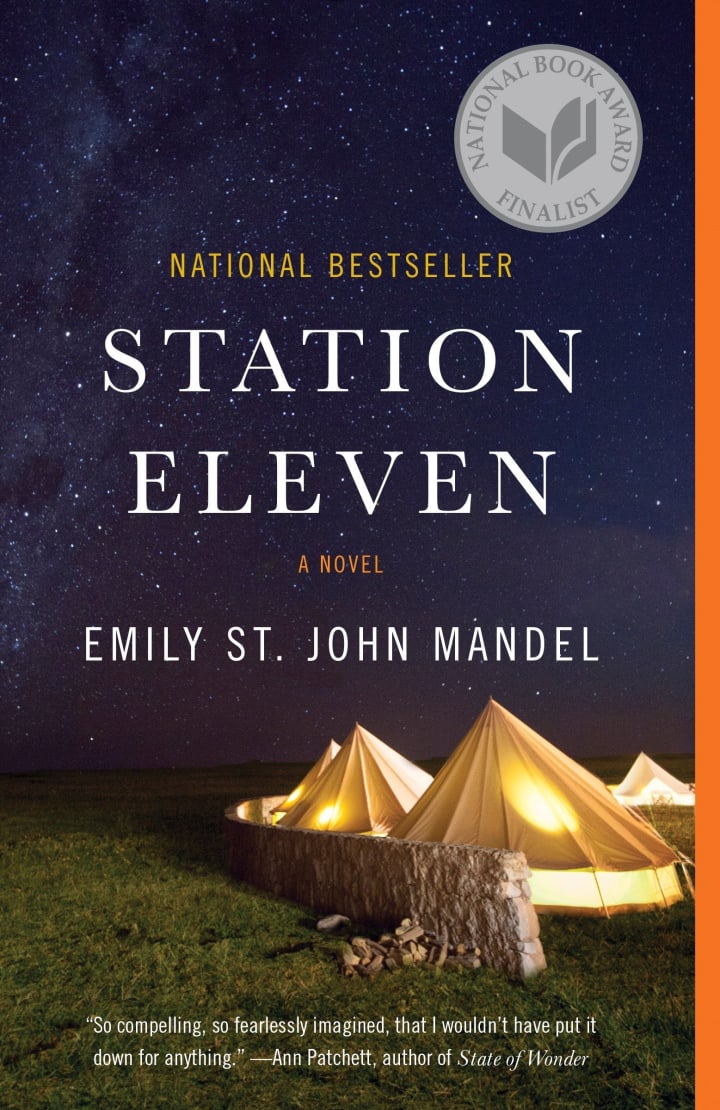
9. "Station Eleven" by Emily St. John Mandel (2014)
Set in a post-apocalyptic world devastated by a flu pandemic, "Station Eleven" follows a traveling theater troupe that brings art and hope to the survivors. Mandel's lyrical prose and exploration of human resilience and the enduring power of art make this a poignant and memorable read.
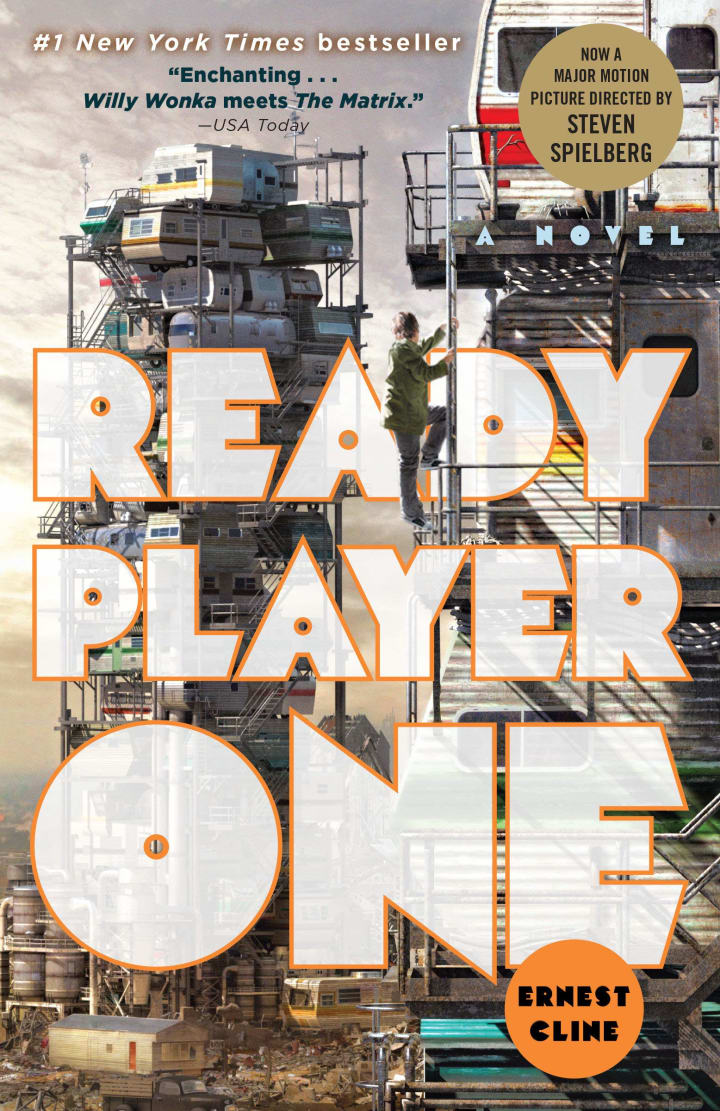
10. "Ready Player One" by Ernest Cline (2011)
In a near-future world where virtual reality has taken over, "Ready Player One" tells the story of Wade Watts, a teenager on a quest for an Easter egg hidden within a massive virtual universe. Cline's novel is a thrilling homage to 80s pop culture and a gripping adventure filled with puzzles, nostalgia, and high-stakes competition.
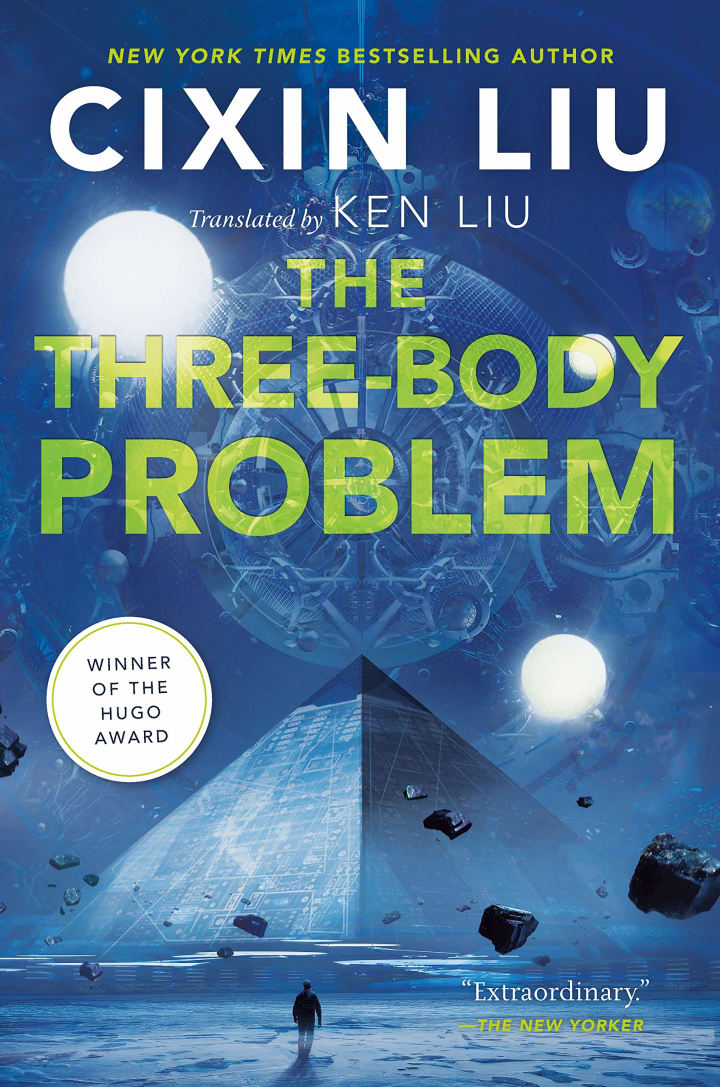
11. "The Three-Body Problem" by Liu Cixin (2008)
"The Three-Body Problem" is the first book in a mind-bending Chinese sci-fi trilogy that explores humanity's first contact with an alien civilization. Liu's novel combines complex scientific concepts with philosophical and political intrigue, making it a compelling and thought-provoking read.
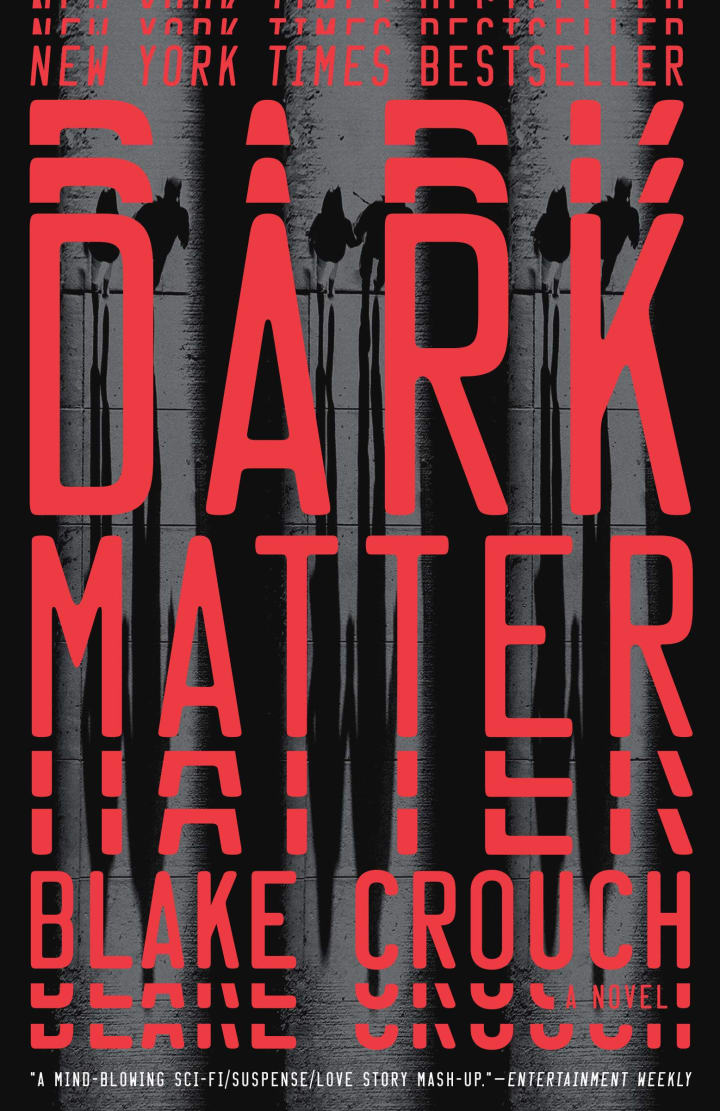
12. "Dark Matter" by Blake Crouch (2016)
In "Dark Matter," physicist Jason Dessen is thrust into a mind-bending multiverse journey after being abducted by a masked assailant. Crouch's fast-paced and suspenseful narrative raises profound questions about identity, choice, and the nature of reality.
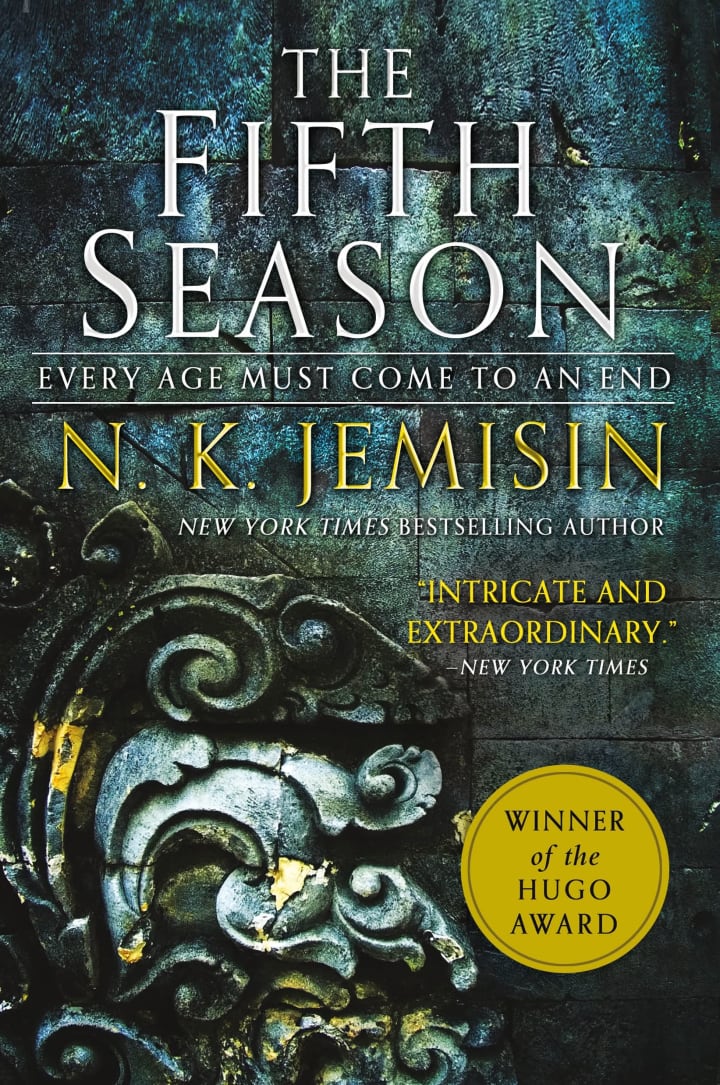
13. "The Fifth Season" by N.K. Jemisin (2015)
The first installment of the critically acclaimed Broken Earth Trilogy, "The Fifth Season" takes place in a world plagued by catastrophic climate events. Jemisin's rich world-building, complex characters, and exploration of power and oppression make this a must-read for sci-fi and fantasy fans.
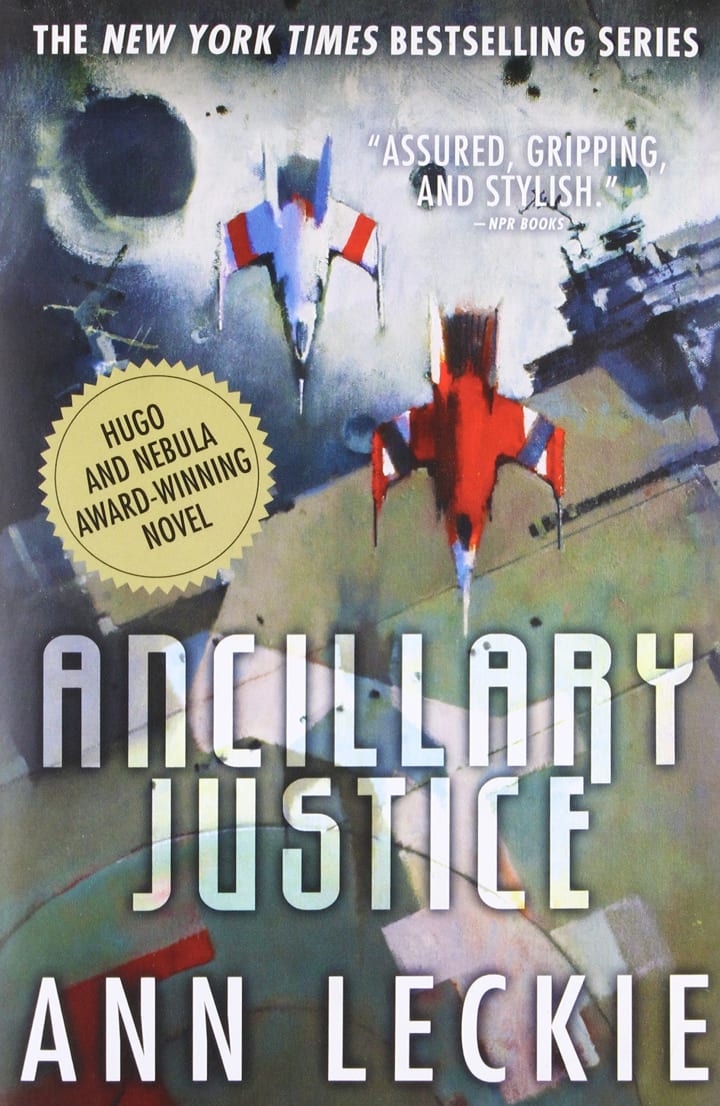
14. "Ancillary Justice" by Ann Leckie (2013)
Set in a far-future interstellar empire, "Ancillary Justice" follows the journey of an artificial intelligence seeking revenge after being betrayed. Leckie's exploration of identity, morality, and the nature of consciousness is both intellectually stimulating and emotionally compelling.
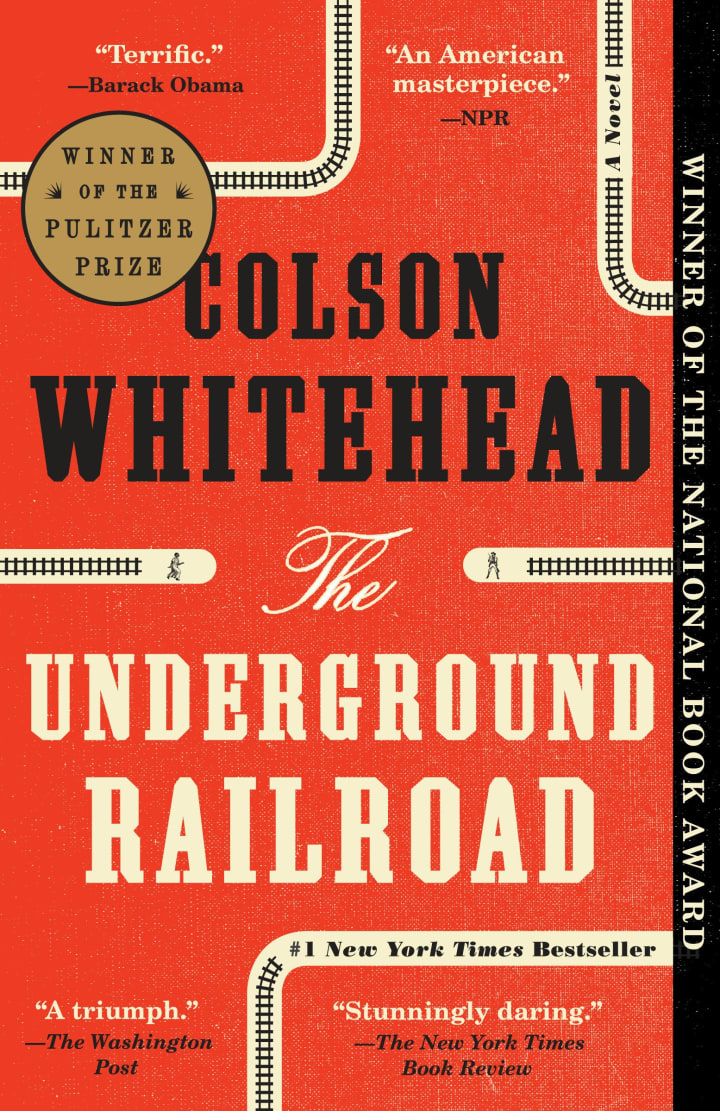
15. "The Underground Railroad" by Colson Whitehead (2016)
Whitehead's Pulitzer Prize-winning novel reimagines the Underground Railroad as an actual underground network of tracks and tunnels. The book follows Cora, a young slave, as she escapes from a plantation and embarks on a perilous journey towards freedom, exploring themes of race, history, and the human spirit.
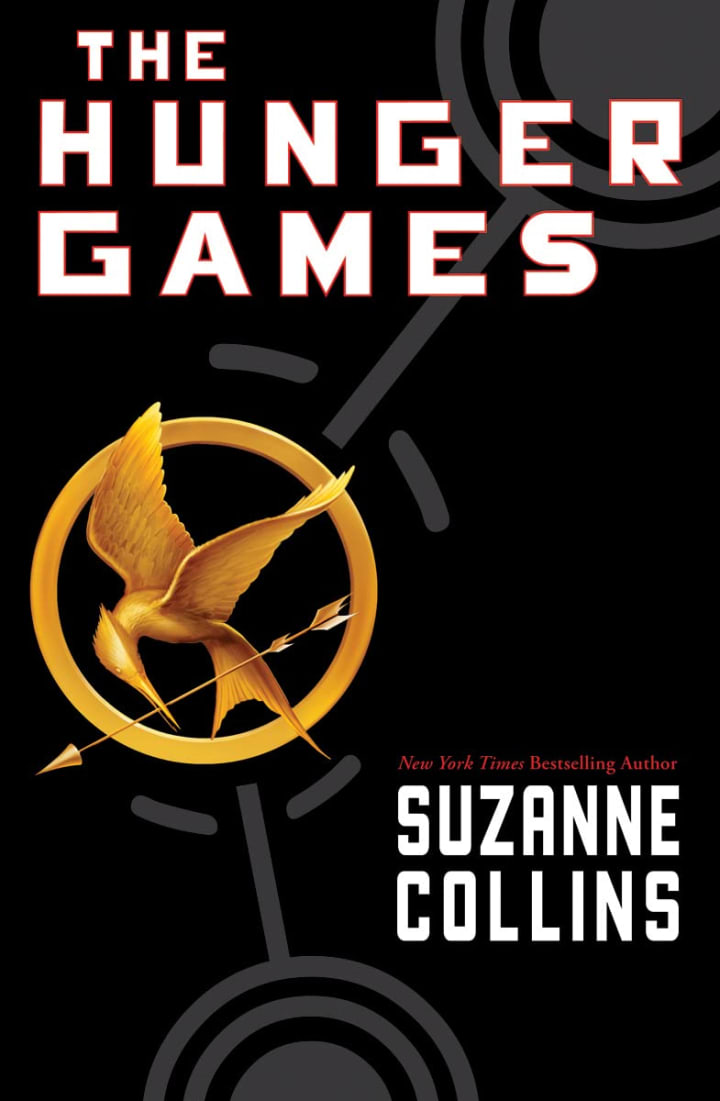
16. "The Hunger Games" by Suzanne Collins (2008)
In a dystopian society divided into districts, "The Hunger Games" tells the story of Katniss Everdeen, a young girl forced to participate in a brutal televised fight to the death. Collins's thrilling and socially resonant trilogy examines themes of power, resistance, and the human will to survive.
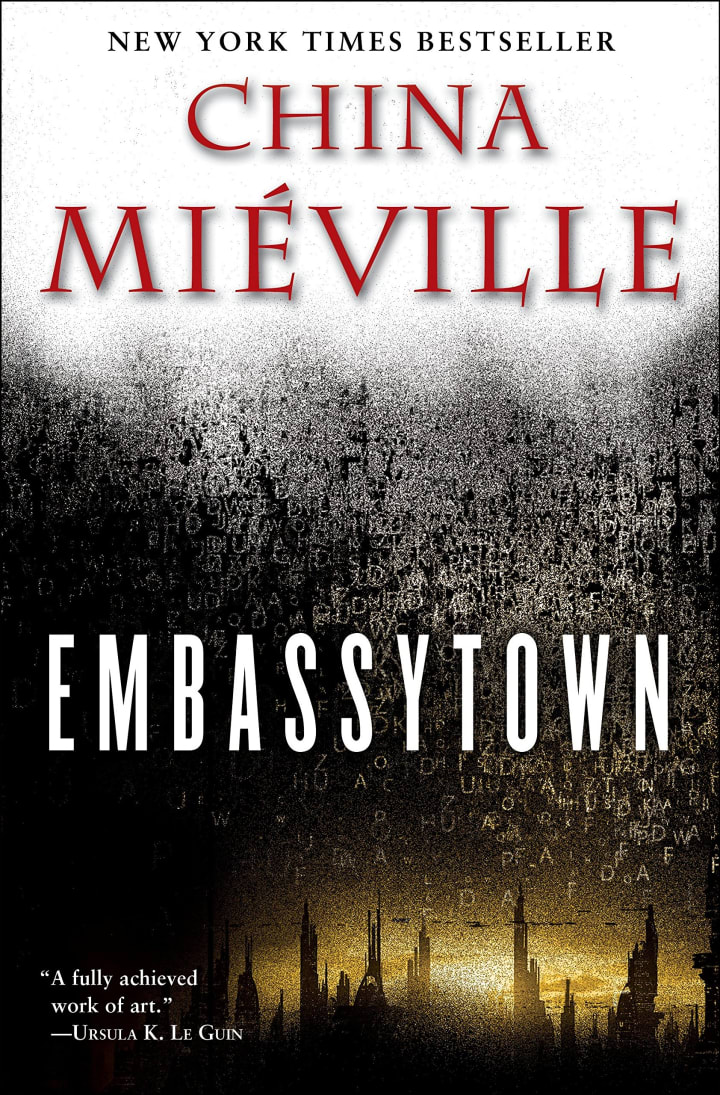
17. "Embassytown" by China Miéville (2011)
In "Embassytown," Miéville crafts a complex and linguistically inventive tale set in a distant future where humans coexist with an enigmatic alien species. The book explores the intricacies of language, communication, and the limitations of understanding the alien "Hosts."
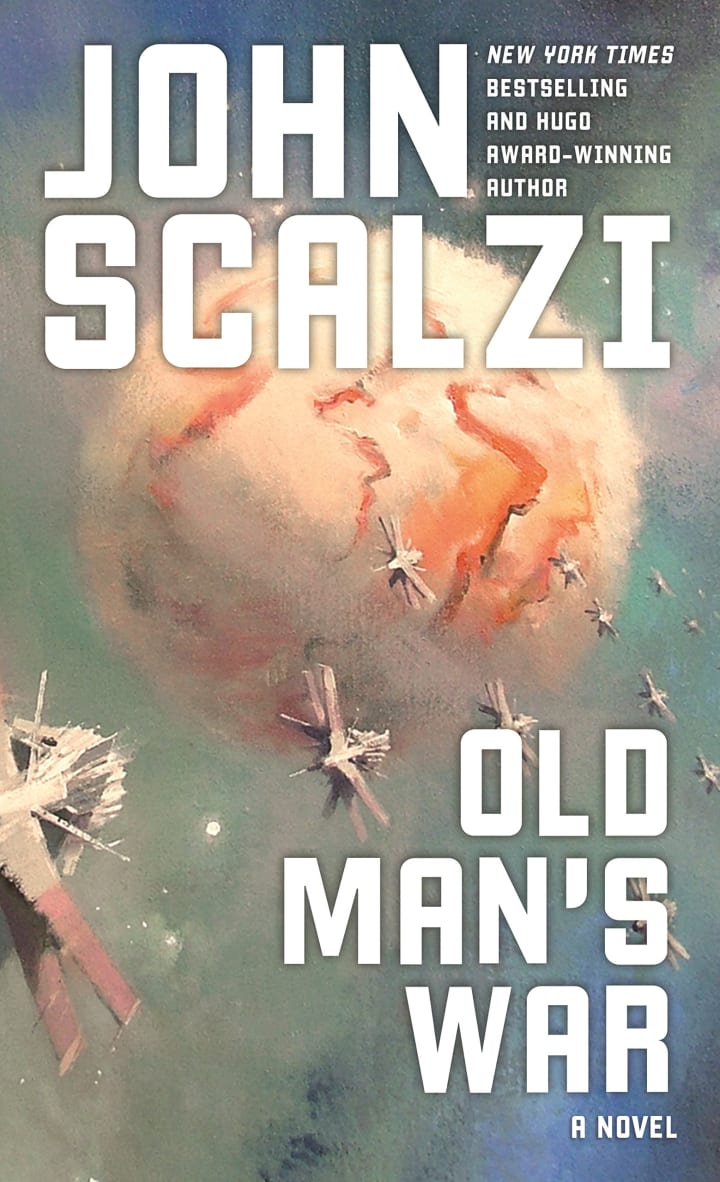
18. "Old Man's War" by John Scalzi (2005)
Scalzi's military science fiction novel introduces readers to a future where senior citizens can enlist in an intergalactic war for colonizing other planets. Blending action, humor, and moral dilemmas, "Old Man's War" offers a fresh take on the genre.
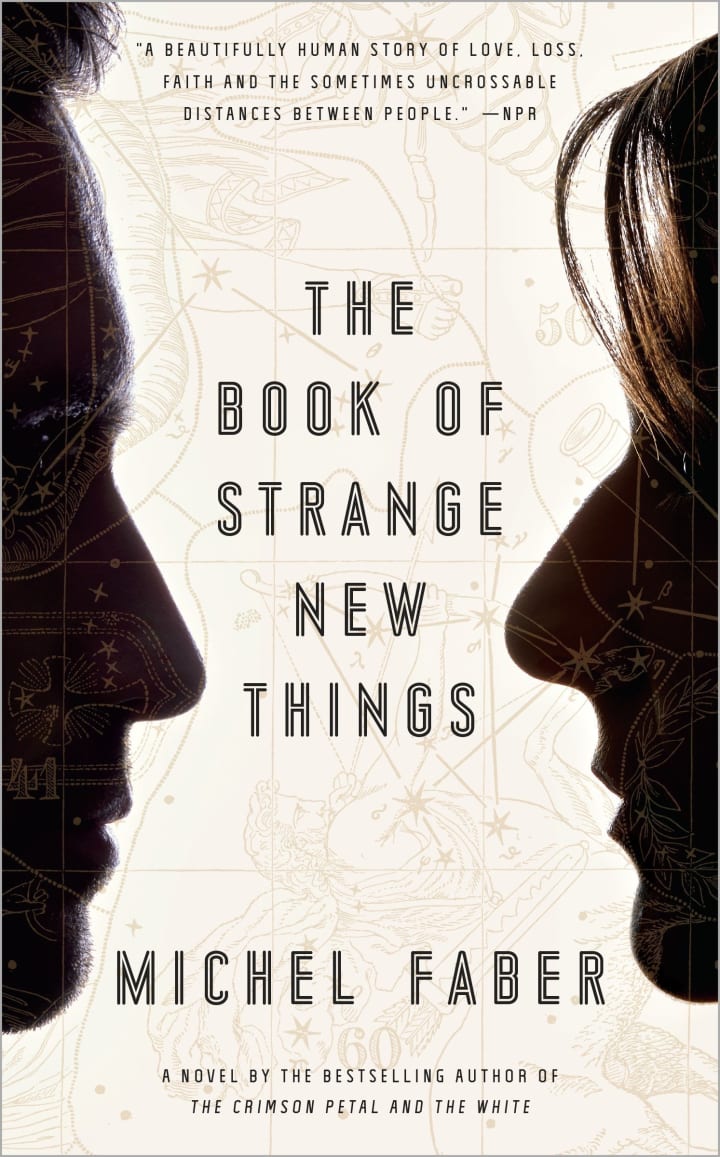
19. "The Book of Strange New Things" by Michel Faber (2014)
"The Book of Strange New Things" follows a missionary named Peter who travels to a distant planet to spread the gospel to an alien species. Faber's novel is a contemplative and moving exploration of faith, isolation, and the nature of humanity.
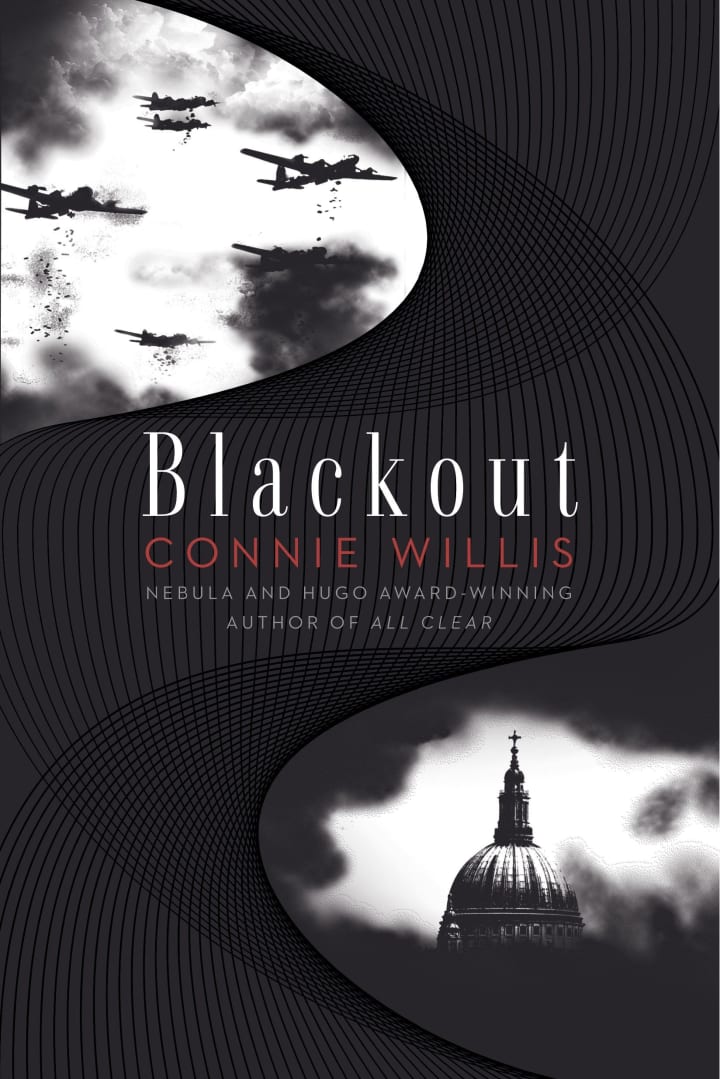
20. "Blackout" by Connie Willis (2010)
Part of the Oxford Time Travel series, "Blackout" combines historical fiction with time travel as historians from the future go back in time to observe significant events. Willis's intricate plot, engaging characters, and meticulous historical detail create an absorbing and suspenseful narrative.
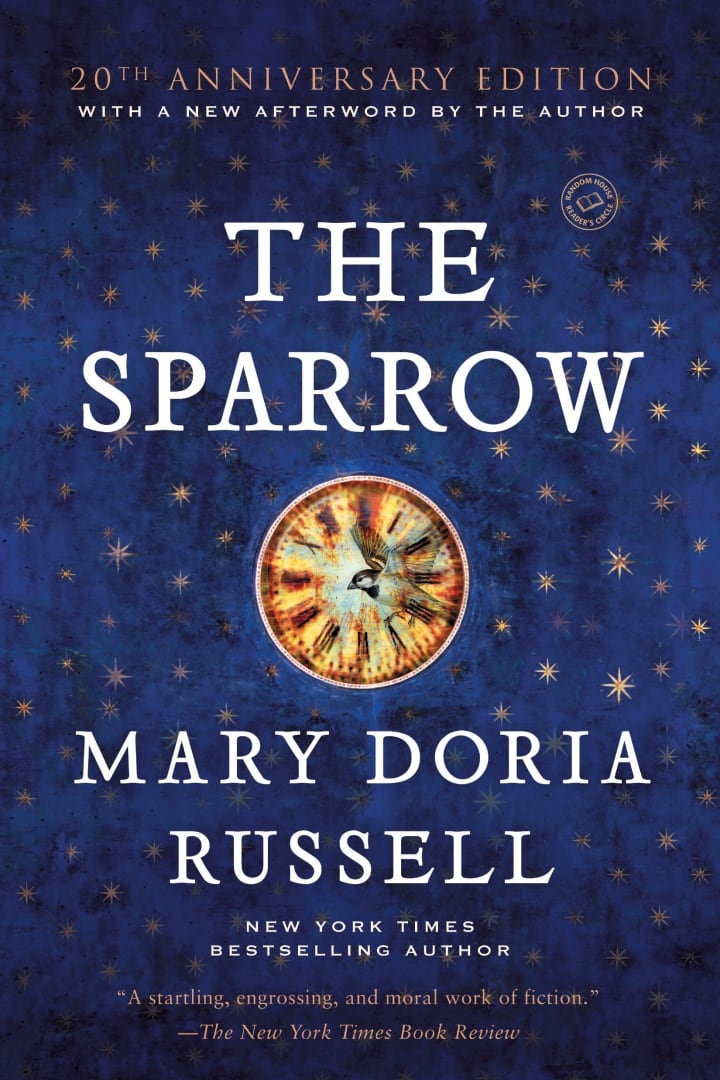
21. "The Sparrow" by Mary Doria Russell (1996)
Although published slightly before 2000, "The Sparrow" is a remarkable science fiction novel that follows a group of Jesuit priests and scientists on a mission to a distant planet inhabited by an alien civilization. The book delves into deep philosophical and ethical questions about faith, culture, and the consequences of human contact with extraterrestrial life.
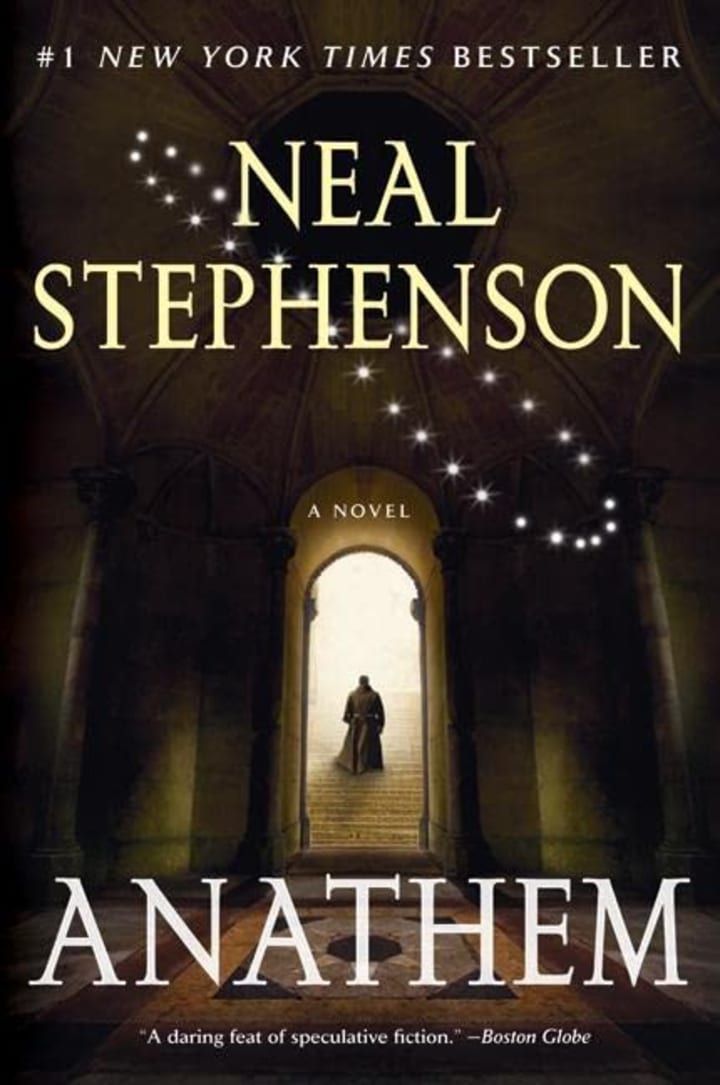
22. "Anathem" by Neal Stephenson (2008)
Stephenson's ambitious and intellectually stimulating novel is set in a future world where intellectuals reside in secluded monastic communities called "concents." When a global crisis unfolds, the protagonist, a young mathematician, becomes embroiled in a cosmic conspiracy that challenges his worldview and understanding of reality.
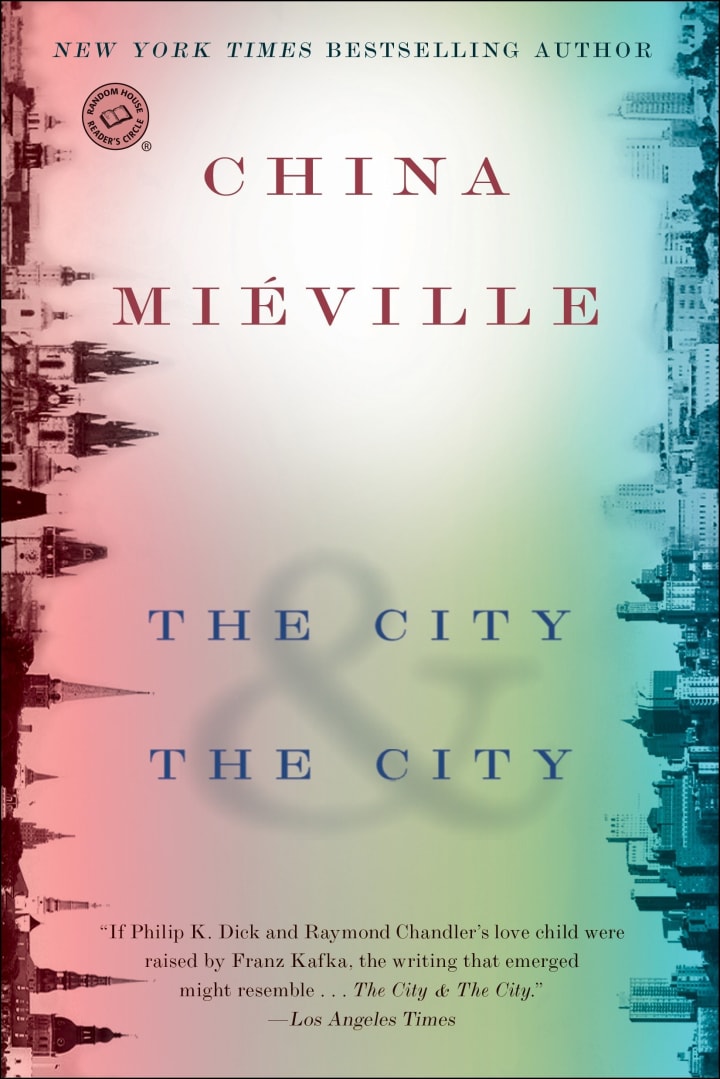
23. "The City & the City" by China Miéville (2009)
In this genre-bending detective novel, Miéville creates a unique urban setting where two cities exist in the same physical space but must be entirely "unseen" by their inhabitants. Blurring the lines between crime fiction and speculative fiction, the book explores themes of perception, cultural boundaries, and the power of collective denial.
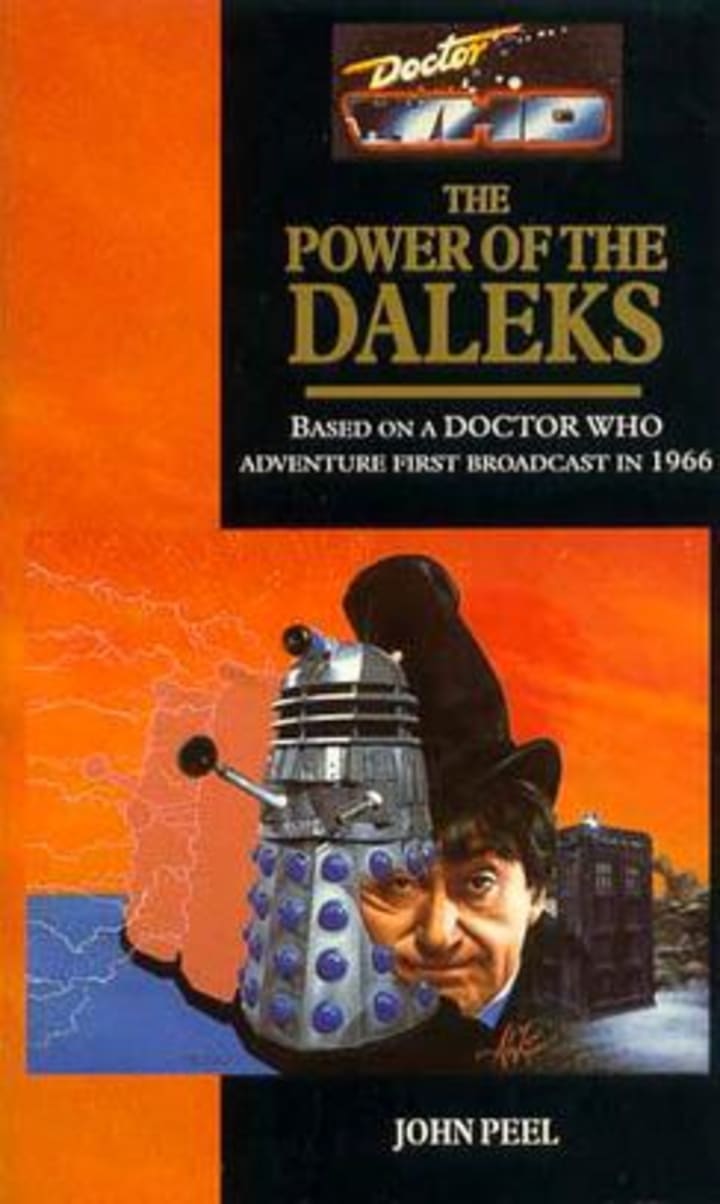
24. "The Power of the Daleks" by Terrance Dicks (2016)
Based on the original Doctor Who television series, this novelization by Terrance Dicks resurrects a classic adventure featuring the Doctor and his arch-nemeses, the Daleks. With its thrilling plot, vivid characters, and the Doctor's trademark wit, it offers an enjoyable journey through time and space.
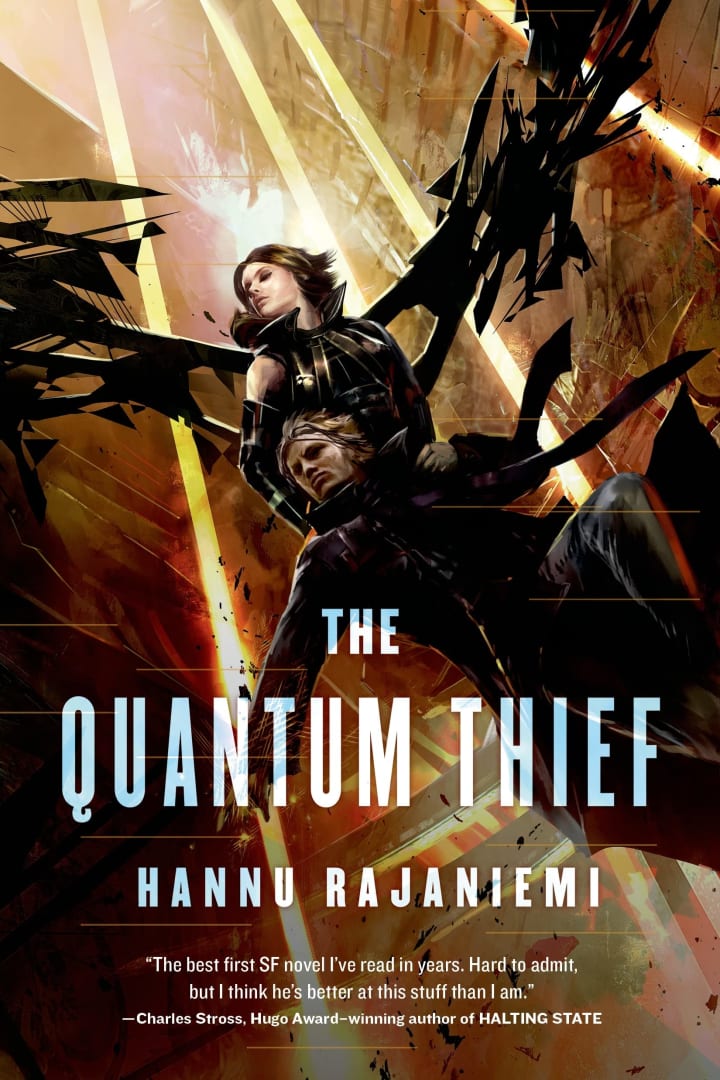
25. "The Quantum Thief" by Hannu Rajaniemi (2010)
Rajaniemi's debut novel takes readers on a mind-bending journey through a future solar system where quantum technology and a post-human society collide. With intricate world-building, complex characters, and a heist narrative that spans across virtual realms and physical realities, "The Quantum Thief" offers a unique blend of science fiction and cyberpunk.
With these additional 5 captivating sci-fi books, your book club's reading list is complete. From thought-provoking philosophical explorations to thrilling adventures through time and space, these novels will keep book club members engaged and eager to discuss their literary discoveries. So grab your copies, assemble your fellow sci-fi enthusiasts, and embark on a fantastic voyage through the realms of science fiction literature. Happy reading and lively discussions await!
About the Creator
NovelNest Books
Book Recommendations

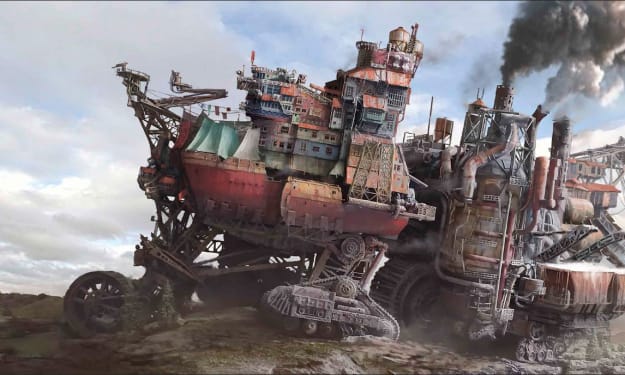



Comments
There are no comments for this story
Be the first to respond and start the conversation.